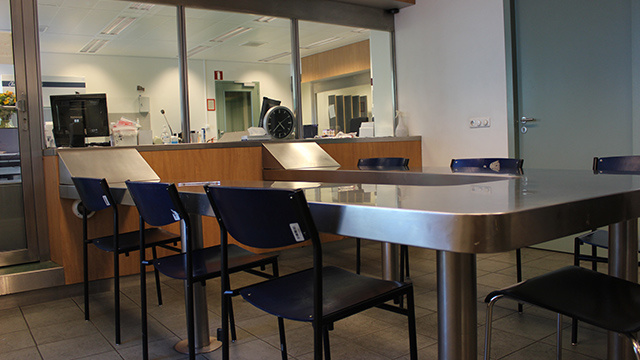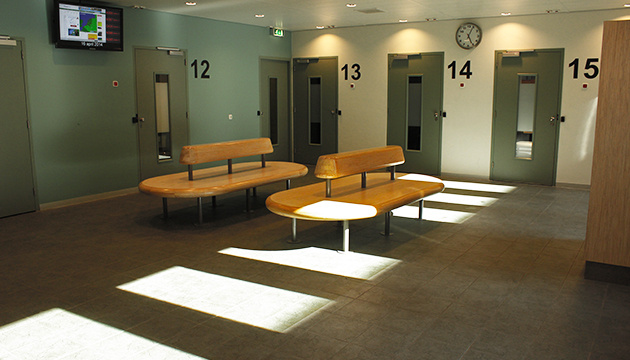JessFR
Bluelight Crew
I don't agree that it's a personal attack. There's a difference between saying a belief itself is foolish and saying the person who believes it is a foolish person for believing it.I don't think you'd appreciate having the same said to you. While maybe not name calling per say, definitely a personal attack.
Now yes, I wouldn't appreciate being told that my beliefs were foolish, but that doesn't make it a personal attack. The problem is that I simply don't believe that it is possible to express my honest opinion about the belief in a way that wouldn't likely be found offensive by the person believing it.
If I think an opinion is foolish and discredited, I don't see a way to express that that wouldn't be likely to go unappreciated. Sometimes there's no way to sugar coat an opinion while preserving the integrity of the opinion.
From my initial post I made it clear I was attacking the belief and not the person. I even apologized in advance if he felt I'd attacked him personally. So I don't believe what I did is a personal attack.
It can be found insulting even if it's not a personal attack.
If the studies will be ignored, what benefit will arguing at all have? Seems like yelling at the deaf either way.
It is yelling at the deaf. The point in denouncing the belief isn't to engage in a lengthy debate over its objective merits and evidence. The point is to show that some of us feel the belief is unacceptable. Denouncing it is itself the point. The point is to make a statement to anyone watching that these beliefs aren't acceptable.
I'm not sure what you would base your arguments on, or how one could tell whose opinion is more valid without. One says punitive, other says rehabilitative- who is right? Well if we are going to be fair we would have to look at these ideas being implemented, so we need something in the way of studies. Other wise we are just shouting opinions.
Well, arguing that the punitive ideas presented are immoral isn't something you can really objectively measure. It's a point of view. And it's immorality was the primary point I was making.
But yes I was also making a legal point and a point that it was discredited, and yes that is more objectively measurable. You could show studies and statistics from countries that have tried different approaches at different points in time and try and demonstraight what the outcomes were.
As for the legal side, under American jurisdiction you could show the constitution and requirements for due process in constitutional and common law. As well as case law for how its applicable to this situation.
But all of that is pointless if one or more sides of the argument aren't interested in real evidence or science to decide what their beliefs are. And I have no doubt whatsoever that was the case here which is why I wasn't interested in proving it.
Honestly I suspect anyone who might be watching who is interested in the reality will either have already researched it and come to the conclusion than punative and deterrant based policies don't work. Or they will begin to research it on their own now. In which case it would be wise to do their own investigation rather than relying on what's said here.
In this instance there was never a realistic opportunity for meaningful debate. A horrible, immoral, unethical suggestion was proposed and I decided to take it upon myself to denounce it. I did so with sincere effort not to directly attack the poster, and still believe I was successful.





